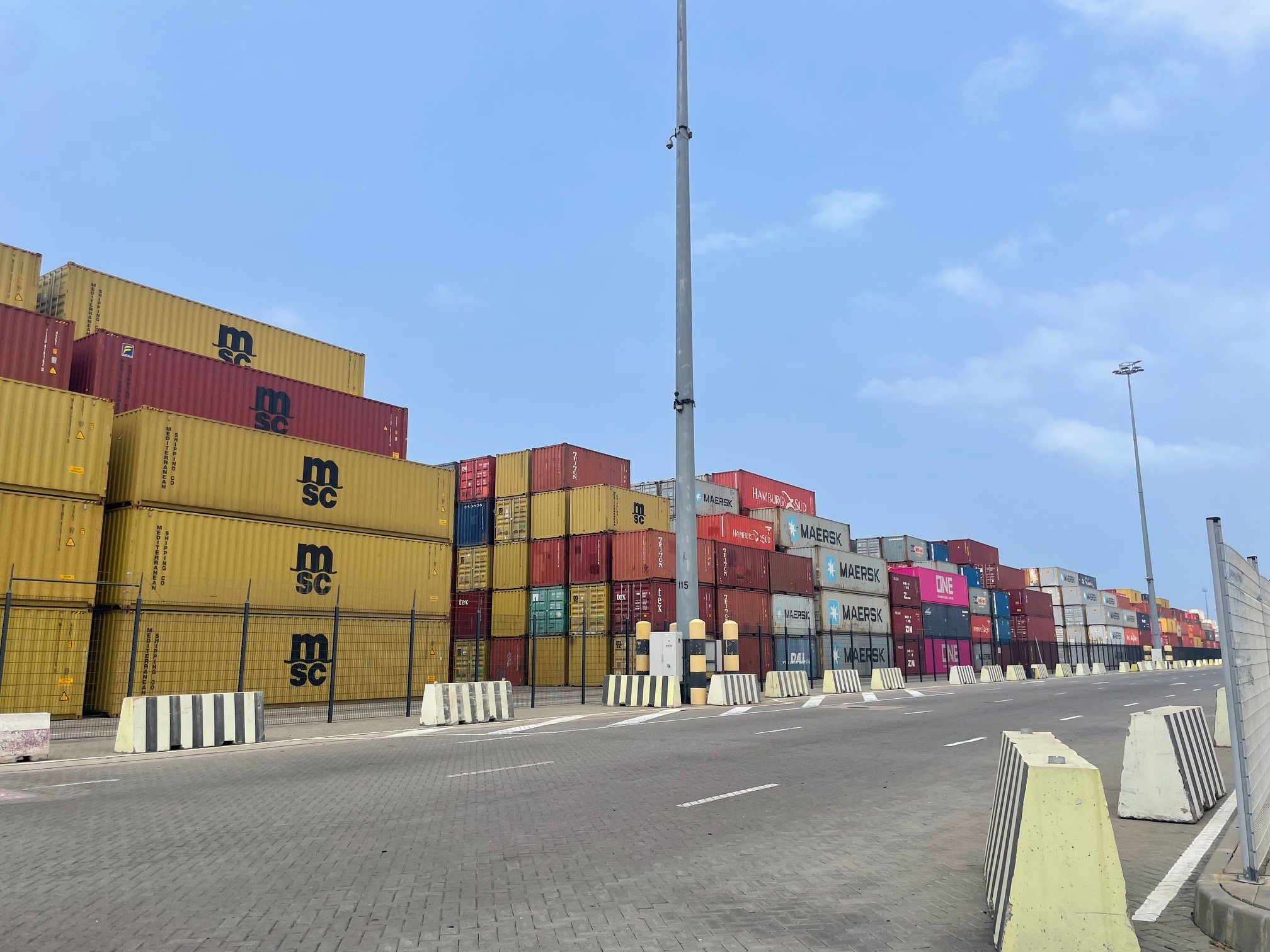Perception of Risks and Approaches to Doing Business in Africa - in the Case of Japanese Companies (AUDA-NEPAD PBT and JICA Ogata Research Institute Joint Webinar)
Day:2024.08.07
event |

JICA Ogata Sadako Research Institute for Peace and Development (JICA Ogata Research Institute) and the African Union Development Agency - New Partnership for Africa’s Development (AUDA-NEPAD) Policy Bridge Tank Programme will jointly host a webinar titled “Perception of Risks and Approaches to Doing Business in Africa -in the case of Japanese companies.”
Fostering private enterprises and supporting economic growth in developing countries is one of the JICA Global Agenda, JICA’s cooperation strategies for global development issues. By addressing and providing support to overcome the challenges that require the public sector's intervention and by dealing with funding gaps, JICA seeks to develop private enterprises in developing countries and improve their competitiveness, promote innovation, investment, and industries, and ensure sustainable and quality growth and development. JICA also aims to achieve economic resilience for both developing countries and Japan through enhanced collaboration and partnership between local and Japanese companies.
AUDA-NEPAD is the implementing arm for the African Union (AU)’s Agenda 2063 development strategy and fully complying with the Second Ten Year Implementation Plan (STYIP) of the Agenda 2063, which recommends African countries to promote policies for a competitive private sector-led growth. AUDA-NEPAD and JICA have been collaborating closely based on their Memorandum of Cooperation since 2014, which includes private sector development programmes such as the Africa Kaizen Initiative (AKI) and Home Grown Solutions (HGS) Accelerator Programme.
Knowledge Report No. 7, published by the JICA Ogata Research Institute in June 2023, found the five critical elements (please find the Key Findings below) for developing business in Africa from the perspective of Corporate Social Entrepreneurship in the case of Japanese companies. Corporate Social Entrepreneurship (CSE) is a concept of business administration. It is the combined conception of three different ideas: Entrepreneurship, Social Entrepreneurship and Corporate Entrepreneurship.
At the seminar, we plan to discuss the following crucial questions from the perspective of future business partners and public organizations in Africa:
Opening /Housekeeping Announcement (4 minutes)
Moderator: Pamla Gopaul, senior programme officer for Economic Analysis and Foresight Unit / lead coordinator, Africa Policy Bridge Tank, AUDA-NEPAD
Presentation: (30 minutes)
Ogo Tomoko, consultant, Asia Africa Investment and Consulting (AAIC) Japan Co., Ltd.
Comments by Discussant 1 (10 minutes)
Suzuki Momoko, chief representative, JICA Ghana Office
Comments by Discussant 2 (10 minutes)
Rose Ngugi, executive director, Kenya Institute for Public Policy Research and Analysis (KIPPRA)
Discussion session by Presenter and Discussants (20 mins)
Moderator: Homma Toru, senior advisor to the CEO, AUDA-NEPAD (senior advisor on Private Sector Development, JICA)
Q&A (15 minutes)
Moderator: Pamla Gopaul
Closing by the Moderator (1 minutes)
※Please note the Knowledge Report was published in Japanese language only, and the following is the abstract by the author, Ogo Tomoko.
The way of assisting African countries has been changing. Many companies worldwide expect Africa to provide more business opportunities. However, the progress of Japanese companies has been slow due to their perception of the risks associated with expanding their business in Africa. The author conducted research by data collection and analysis on how Japanese companies establish their business in Africa from the perspective of Corporate Social Entrepreneurship (CSE). The study divided Japanese companies into two groups: companies planning to expand their business in Africa and those already growing there. The research found the five critical elements for developing business in Africa from the Japanese companies’ perspectives.
When establishing a business in Africa, organizations can adopt several strategic approaches to enhance their chances of success. First, implementing flexible organizational structures allows them to address challenges on a case-by-case basis rather than attempting to predict and eliminate all risks upfront. This adaptability ensures a more agile response to the unique business landscape in Africa. Second, companies should focus on expanding their business networks through “promoters” and recruiting external human resources. By doing so, they can tap into diverse expertise and perspectives, enhancing their capabilities. Third, to combat negative perceptions associated with the “African Schema,” organizations should gather primary information through field visits to African countries. This first-hand experience dispels misconceptions and fosters a more accurate understanding. Fourth, collaboration with Japanese and international public/government institutions is crucial. Such partnerships can significantly reduce risks for Japanese companies, providing a sense of security and trust. Finally, long-term commitment from executive members and business owners is essential. Owner-managed companies, where executives and owners are the same, tend to make quicker decisions regarding their involvement in Corporate Social Entrepreneurship (CSE) business. Overall, these strategic steps can pave the way for successful business ventures in Africa.
This report has uncovered a range of implications that are relevant to both Japanese companies and public/government institutions supporting Japanese companies in expanding their business in Africa.
JICA Ogata Sadako Research Institute for Peace and Development (Ms. Chiaki LEE)
E-mail:dritrp@jica.go.jp
Please register by clicking here.
*Registration will be closed at noon 20th August (Japan time).
scroll